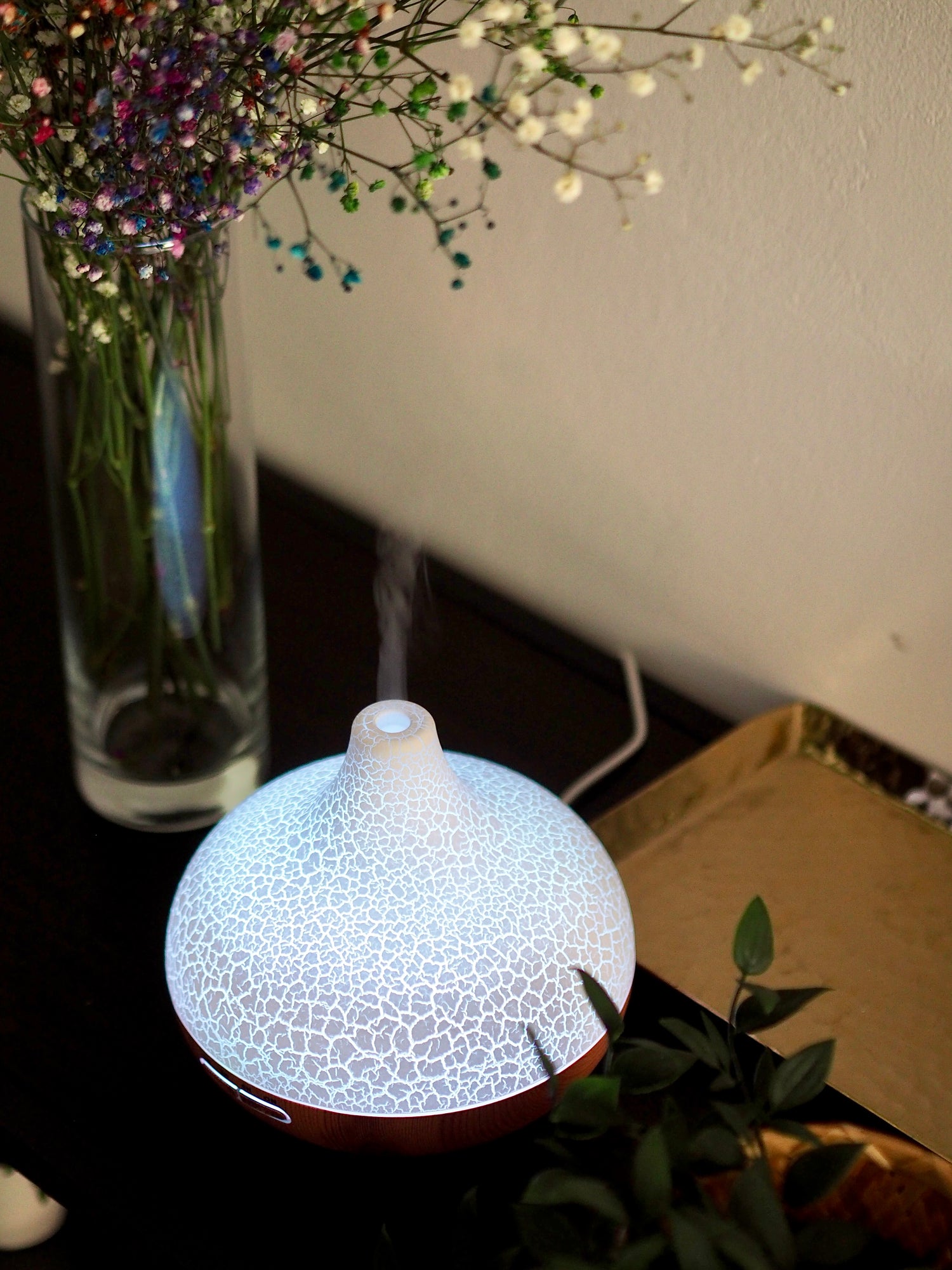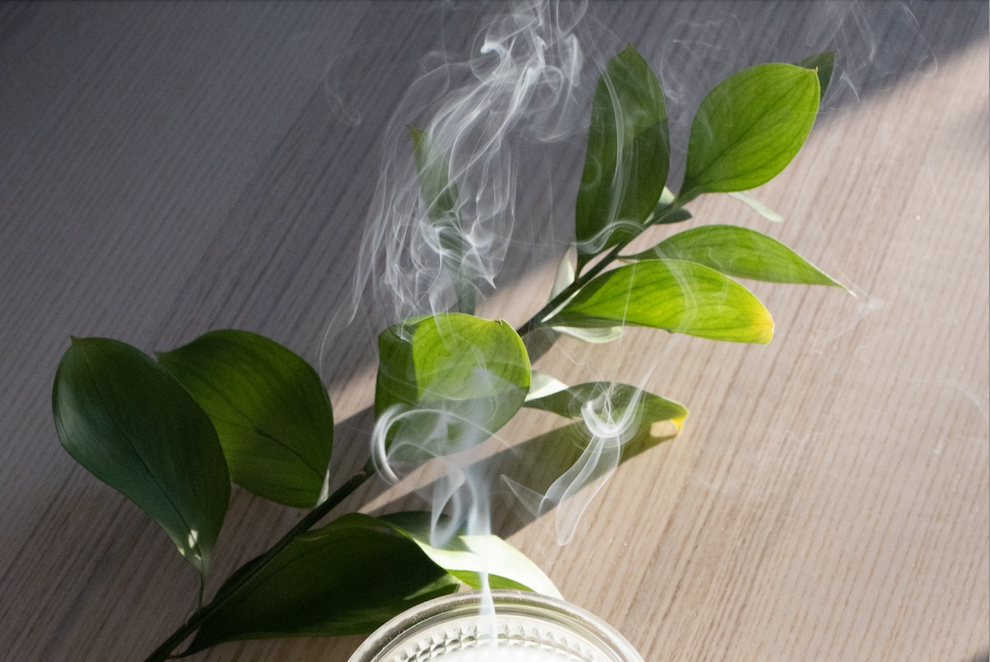
What is Aromatherapy ?
Aromatherapy is a holistic healing practice that harnesses the therapeutic properties of aromatic plant extracts known as essential oils.
These oils are derived from various parts of plants, such as flowers, leaves, bark, and roots, and each carries a unique scent and set of healing compounds.
How Essential Oils are Made:
Essential Oils are derived from plants through specific extraction methods. One common method is steam distillation, where steam is passed through the plant material, causing it to release its aromatic compounds. The steam and essential oil vapor are condensed, resulting in pure essential oil.
Another method, often used for citrus oils like lemon and orange, is cold pressing. Here, the plant's outer rind is mechanically pressed to release the oils.
These essential oils are highly concentrated and contain the essence of the plant, which can be used for various therapeutic purposes, from promoting relaxation and reducing stress to addressing physical ailments.
Aromatherapy allows us to tap into the healing power of these natural essences for a more balanced and harmonious well-being.

Impact on your Physical & Mental Well-Being
Our sense of smell is the only sense directly connected to the emotional part of the brain. Knowing this, why don't we use it more ?
Aromatherapy's influence on our physical and mental well-being is rooted in science.
As you inhale essential oil aromas, they swiftly engage your brain's emotional center, the limbic system. This direct connection triggers immediate emotional responses, whether calming or invigorating.
Essential oils, extracted from plants, hold a trove of therapeutic molecules. These compounds interact with your body, promoting relaxation, boosting energy, or even reducing inflammation. This mind-body link creates a positive loop of calm and a holistic approach.
Aromatherapy's impact extends beyond scent – it's a chemistry of well-being.

Essential Oils Inhalation
Simply inhaling the scent of essential oils can swiftly impact your mood and emotions. The olfactory system connects directly to the brain's limbic system, which governs emotions and memories.
Benefits of Inhalation:
- Emotional Well-Being: Inhalation can quickly induce relaxation, reduce stress, and elevate mood. Scents like lavender and chamomile are renowned for their calming effects.
- Improved Respiratory Health: Essential oils like eucalyptus and tea tree, when inhaled, can support clear breathing and respiratory wellness.
- Mental Clarity: Certain aromas, such as rosemary and peppermint, stimulate mental clarity, enhance focus, and boost energy.

History of Aromatherapy
- Ancient Origins: Aromatherapy traces its roots to ancient civilizations like Egypt and Greece, where essential oils were used in spiritual rituals, cosmetics, and healing practices.
- Centuries of Wisdom: Throughout history, cultures across the globe recognized the therapeutic potential of aromatics, from India's Ayurveda to China's traditional medicine.
- Modern Evolution: The 20th century saw the formalization of aromatherapy as a practice, blending traditional wisdom with modern science. Today, at Loom Aroma, we honor this journey by offering premium essential oils and products that embody the essence of ages past.






